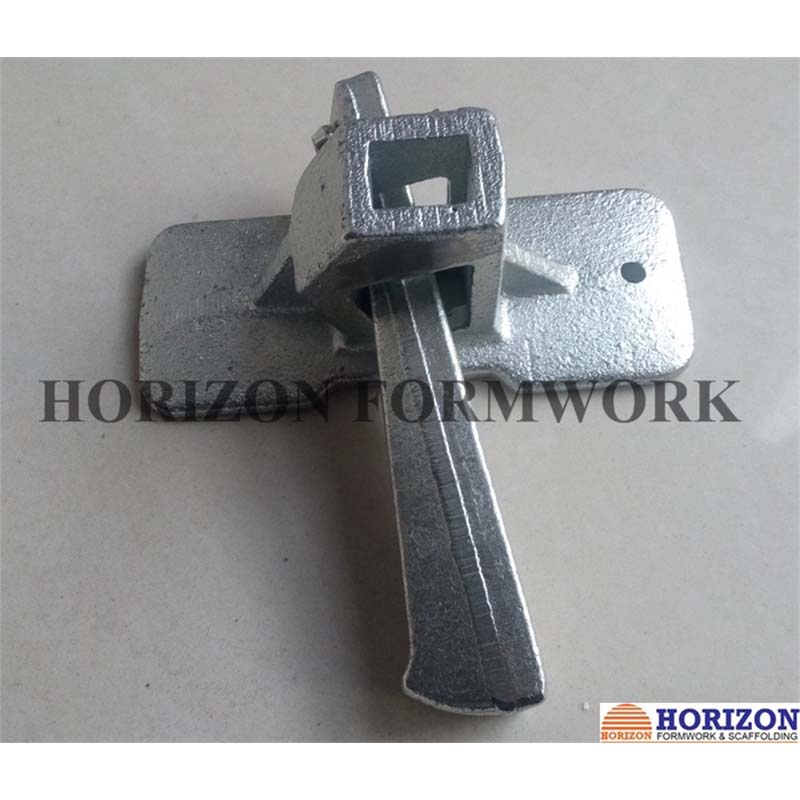Nov . 12, 2024 05:16 Back to list
pp formwork manufacturers
The Rise of PP Formwork Manufacturers in the Construction Industry
In recent years, the construction industry has witnessed a significant transformation driven by the need for efficiency, sustainability, and cost-effectiveness. Among the many innovations, the advent of PP (Polypropylene) formwork has become a game-changer. PP formwork is highly regarded for its lightweight, durability, and excellent structural integrity, making it an increasingly popular choice for builders around the world. As the demand for PP formwork rises, a multitude of manufacturers have emerged, contributing to a booming industry that promises to redefine construction practices.
What is PP Formwork?
PP formwork is a type of reusable formwork system made from polypropylene plastic, designed to hold concrete in place during the curing process. Unlike traditional materials such as wood or metal, PP formwork offers numerous advantages. Its lightweight nature allows for easy handling, reducing the labor costs associated with transportation and assembly. Additionally, due to its smooth surface, PP formwork minimizes the need for extensive finishing work, as it leaves a clean and polished concrete surface.
Advantages of PP Formwork
One of the most significant advantages of PP formwork is its durability. Unlike wooden formworks, which can warp or degrade over time, PP formwork is resistant to moisture and does not absorb water. This resistance makes it ideal for use in various weather conditions, allowing construction projects to continue without delays due to inclement weather. Moreover, PP formwork is also resistant to chemicals, further extending its lifespan and suitability for diverse construction projects.
In terms of environmental impact, PP formwork shines as well. Being a recyclable material, it contributes to sustainability efforts in the construction sector. Manufacturers are increasingly adopting eco-friendly production processes, minimizing waste and emissions. Furthermore, the reusability of PP formwork significantly reduces the overall material consumption in construction, leading to more sustainable building practices.
The Role of Manufacturers
pp formwork manufacturers

As demand for PP formwork continues to grow, several manufacturers have positioned themselves as leaders in the market. These companies focus on innovation and quality control, ensuring their products meet international standards and performance expectations. By investing in research and development, manufacturers are continually improving the design and functionality of PP formwork systems.
In addition, many PP formwork manufacturers offer customized solutions tailored to specific project requirements. By collaborating closely with architects and contractors, these manufacturers can develop bespoke formwork systems that facilitate complex designs and enhance project efficiency. This collaborative approach not only increases customer satisfaction but also fosters innovation within the industry.
Future Trends in PP Formwork Manufacturing
Looking ahead, the PP formwork manufacturing landscape is expected to evolve further. Companies are likely to leverage advanced technologies like 3D printing and automation to enhance production efficiency and reduce costs. This technological integration can lead to more precise and complex formwork designs, catering to the increasing demands of modern architecture.
Moreover, the global push for sustainable construction practices will encourage manufacturers to adopt more eco-friendly production methods and materials. Enhanced recycling processes and the use of biodegradable materials could further reduce the carbon footprint associated with construction projects.
Conclusion
In conclusion, the rise of PP formwork manufacturers marks a revolution in the construction industry, driven by the need for efficiency, sustainability, and cost-effectiveness. With their numerous benefits, including durability, reusability, and environmental friendliness, PP formwork systems are becoming increasingly essential for modern construction. As the industry continues to evolve, manufacturers that prioritize innovation, sustainability, and collaboration will lead the way in redefining building practices for generations to come. The future looks promising, as PP formwork manufacturers not only cater to the demands of today’s construction projects but also pave the way for a more sustainable and efficient built environment.
-
High Quality Climbing Formwork for High-Rise Buildings & Core Walls
NewsJul.26,2025
-
High Quality Climbing Formwork for High-Rise Building & Core Wall Solutions
NewsJul.25,2025
-
High-Quality Slab Formwork Solutions for Efficient Construction
NewsJul.24,2025
-
High-Quality Wall Formwork Systems for Versatile Concrete Construction
NewsJul.23,2025
-
Climbing Formwork Solutions for High-Rise Construction Efficiency
NewsJul.22,2025
-
Premium Table Formwork for Slab Construction | Reusable & OEM Support
NewsJul.22,2025